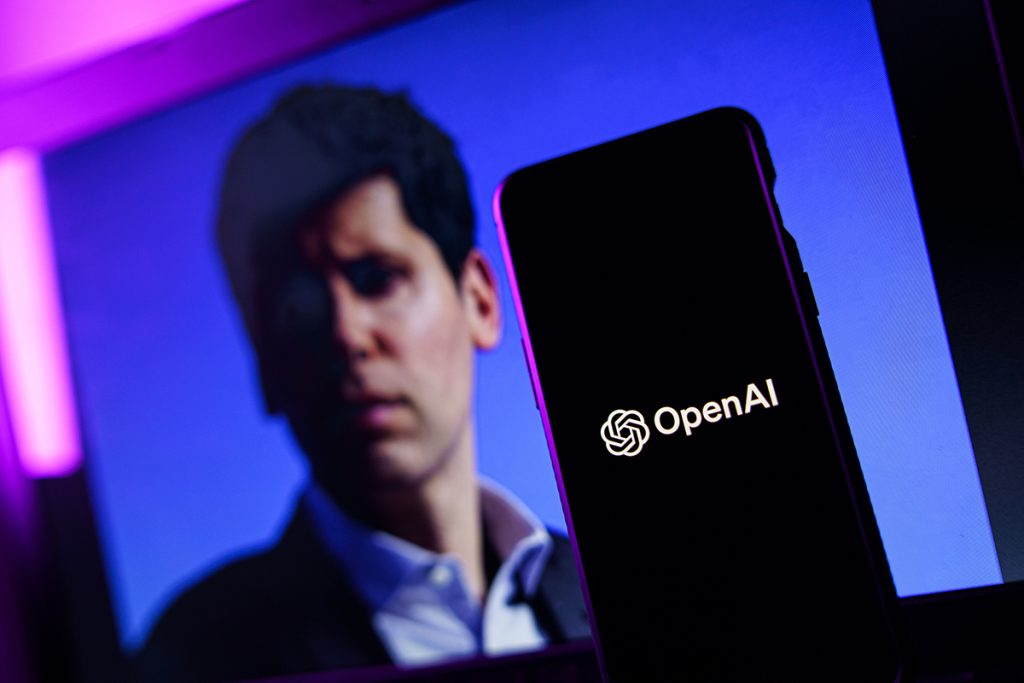OpenAI, the renowned artificial intelligence research organization, has announced the formation of a new Safety and Security Committee in response to recent internal turmoil and criticism. This move comes weeks after the dissolution of a team dedicated to AI safety, sparking concerns over the organization’s commitment to ensuring the safe development of advanced AI systems.
Led by CEO Sam Altman, along with board chair Bret Taylor and board member Nicole Seligman, the committee is tasked with providing recommendations to OpenAI’s board regarding safety and security measures. The decision to establish this committee follows the departure of Jan Leike, a prominent figure within OpenAI’s safety division, who resigned amidst allegations of underinvestment in AI safety efforts and strained relations with company leadership.
Additionally, the exit of Ilya Sutskever, another key member of OpenAI’s “superalignment” team, has raised further questions about the organization’s strategic direction. Sutskever’s involvement in CEO Sam Altman’s previous ouster, followed by his subsequent support for Altman’s return, underscores the internal tensions within OpenAI.
The dismantling of the superalignment team, as explained by an OpenAI spokesperson, was purportedly aimed at optimizing the organization’s pursuit of its superalignment goals. However, critics argue that this decision may compromise OpenAI’s ability to address crucial safety concerns in the development of advanced AI technologies.
In a blog post announcing the formation of the Safety and Security Committee, OpenAI also revealed its plans to train a new AI model to succeed ChatGPT, its current flagship language model. This development is seen as a significant step towards the organization’s ultimate goal of achieving artificial general intelligence.
While emphasizing its commitment to building AI models that excel in both capabilities and safety, OpenAI acknowledges the importance of engaging in a robust debate surrounding its practices and objectives. The establishment of the Safety and Security Committee reflects the organization’s proactive approach to addressing these concerns and ensuring transparency in its decision-making processes.
Over the next 90 days, the committee will undertake a comprehensive evaluation of OpenAI’s existing processes and safeguards, with the aim of further enhancing its approach to safety and security. Following this period of assessment, the committee will present its recommendations to the full board for review and consideration.
OpenAI has pledged to publicly share updates on the adopted recommendations in a manner that prioritizes safety and security. This commitment to transparency underscores the organization’s recognition of the importance of accountability and responsible AI development practices.
As OpenAI navigates through this period of transition and introspection, the formation of the Safety and Security Committee signals a renewed focus on prioritizing safety in the advancement of AI technologies. With the rapid evolution of AI capabilities, ensuring robust safeguards and ethical considerations remains paramount to fostering trust and confidence in the potential benefits of artificial intelligence.


